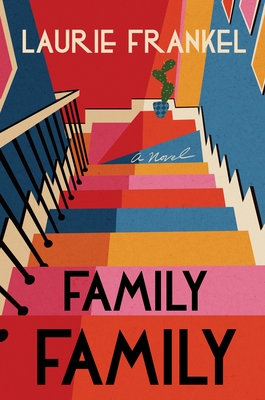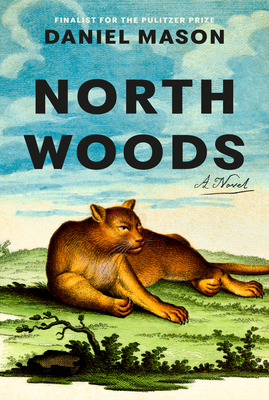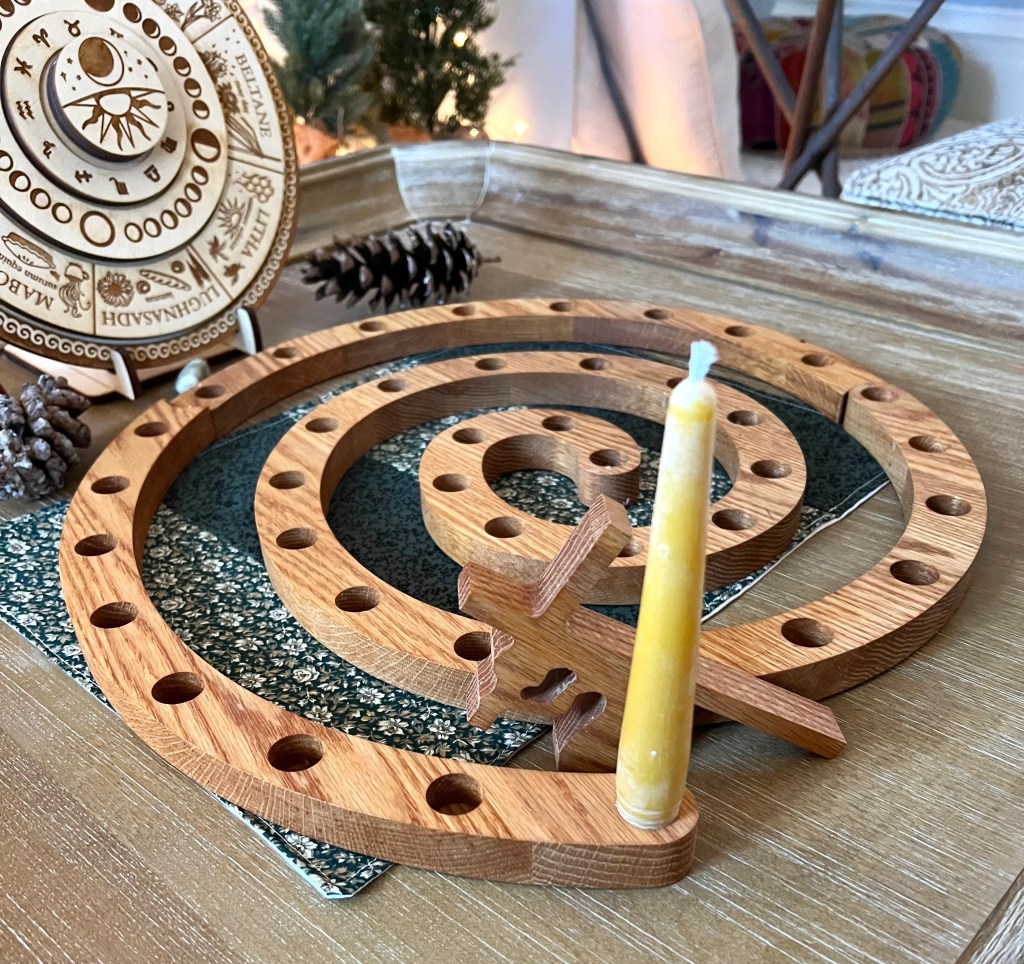
This post contains Amazon affiliate links. If you click through and make a purchase, I will receive a small commission at no extra cost to you. This helps keep my blog ad-free.
Family Family by Laurie Frankel had such an unusual feel to me. Themes include teen pregnancy, adoption, and childhood trauma, but it isn’t sad or even serious. Everything almost feels like a joke.
Her main character, India Allwood, is bright, determined, creative, and goes after what she wants. She makes mistakes but makes the best of tough situations too. All the characters seemed weird, too quirky, and bit unreal. The lighthearted feel the characters and the writing had seemed too bright, too glossy, too fake like Hollywood where India lives with her adopted kids. I like that India won’t paint herself as a victim, but she also doesn’t seem to think her poor choices are worth learning from. I found her habit of ripping up pieces of paper and throwing them all over like confetti whenever (and wherever) she celebrated really irritating.
At the end some things come to the surface and are dealt with, but everything wraps up a bit too perfectly. It’s almost as if the book was written from a kid’s perspective, except it wasn’t. If you read it, I’d love to know what you think.

North Woods by Daniel Mason felt like a collection of short stories all centered around one place, instead of a novel. But I don’t like short story collections and I loved this book. It had an element of magic realism with ghosts and also a strong sense of the swiftness of time passing, and of the never-ending cycles of life, death, and rebirth.
There was a deep reverence of wild nature embedded into the novel. When I finished reading it I wanted to bow and kiss the earth and embrace the trees nearby. The author also imbued an interest in human history, starting from Puritan times and going into the future. I found it so creative and refreshing to have story after story of humans interacting with the land, the trees, wildlife, and the house as the years went on. Most were written in story form, sometimes as a letter, article, or poem. Certain characters I cared about more than others, but I never was bored. North Woods is a sweeping, unforgettable novel that is unlike anything I’ve ever read. Highly recommended!!

One of the Good Guys by Araminta Hall is a mystery/thriller that has a few surprises up its sleeve. I knew that all must not be what it seemed as it starts out with Cole’s POV because this novel is a commentary on the #MeToo movement. Cole obviously thinks he’s “one of the good guys” and just seems too good to be true but he’s the only viewpoint for more than half of the book. So something felt off but I just didn’t know what exactly.
And then, as Leonora takes over telling the tale, the reader begins to be clued in to what is really happening. And that there is a clever, daring, carefully-laid trap for one unsuspecting person. It didn’t have the same feel as a typical murder mystery because of the point the book is trying to make is so loud and clear. It takes over any mysterious elements. It definitely held my interest and had some creepy/scary elements. I liked the switching POVs in the second half as it gave a clearer picture of what was going on. Trigger warnings include IVF treatment and violence toward women. Oh and I forgot to mention the book is set on the English coast with dangerous cliffs and mist and cozy cottages and the stormy sea. If any of these elements or the novel’s theme interest you, I think you’ll enjoy reading One of the Good Guys.














